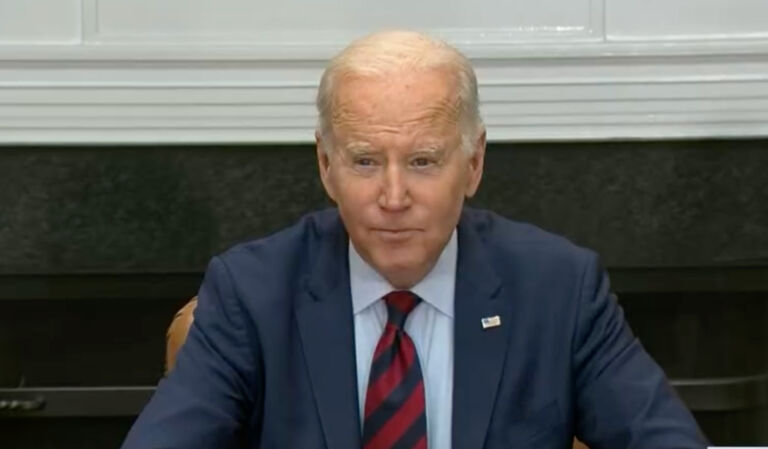Jessica Costescu of the Washington Free Beacon reports on a disappointing failure at one of America’s most prestigious schools.
A Columbia Law Review article that argues Jews “capitalized on the Holocaust to create a powerful narrative that monopolizes victimhood” was subject to an atypical editing process that omitted “a large number of Jewish students,” according to sources familiar with the process.
While prospective pieces are typically available for the Law Review‘s roughly 100 members to assess ahead of publication, the “Nakba” piece was handled behind closed doors by a group of roughly 30 student editors, according to Columbia Law School professor Joshua Mitts.
While that group edited the piece “over several months,” Mitts said, other editors—including Jews—were unaware even of the piece’s existence until Saturday, just two days before its publication.
The piece —titled, “Toward Nakba as a Legal Concept”—was supposed to be published on the website of the student-edited Review on Monday, despite a request from the Review‘s board of directors to delay publication. At issue, the board explained in a letter to student editors obtained by the Washington Free Beacon, was the editing process behind it.
The board, which is led by Columbia law professor Gillian Metzger and includes Columbia Law School dean Gillian Lester, subsequently requested the piece “be delayed for a few days” to ensure “all student editors would have an opportunity” to read it. Initially, the group of student editors behind the piece agreed, according to the board’s letter. Then, on Monday morning, they revealed plans to publish the piece immediately. In response, the board “temporarily suspended” the Review‘s website.
“The secrecy that surrounded this article’s editing and substantiation review is unacceptable,” the board wrote in its letter. “It is also unprecedented, in that every piece is either worked on by, or available on request to, all student editors during the editing process.”


